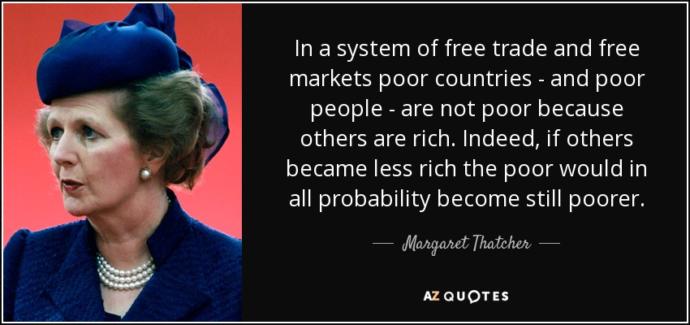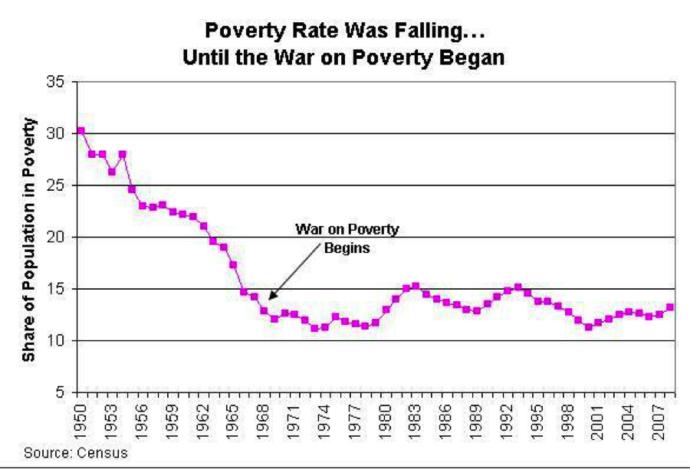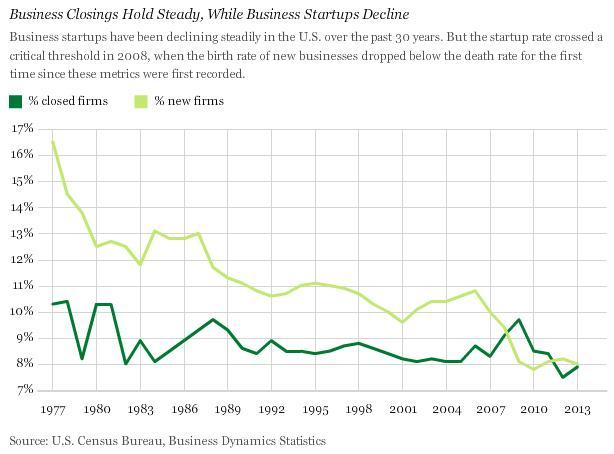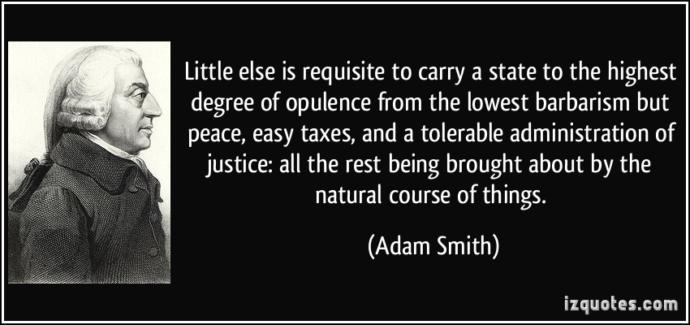What is economic freedom and why is it valuable? Quoting from the Heritage foundation:
Economic freedom is the fundamental right of every human to control his or her own labor and property. In an economically free society, individuals are free to work, produce, consume, and invest in any way they please. In economically free societies, governments allow labor, capital, and goods to move freely, and refrain from coercion or constraint of liberty beyond the extent necessary to protect and maintain liberty itself.
The means of measuring economic freedom and yielding an overall score is complex both in terms of gathering data and measuring it, but is based on sound criteria. Details about it can be found here:
https://www.heritage.org/index/about
https://www.fraserinstitute.org/economic-freedom/history-of-free-the-world
Both the Heritage foundation and Fraser institute apply similar criteria for measuring economic freedom and have very similar results.


Heritage tends to provide more complete, detailed, and up-to-date information about each country. For example, the Heritage table below is based on up-to-date information from 2017, while Fraser's latest data is a few years behind (2014).
The Value of Economic Freedom
In general, countries that are very economically free tend to be the most prosperous with few exceptions.
An obvious exception is Qatar which has the highest GDP per-capita of any country in the world in spite of not being at the top in terms of economic freedom (though it is relatively high up there due in part to a very low tax burden, making it the top-ranked in the world in this regard). The tremendous wealth of this country is easily explained due to its natural resources and its production of oil and natural gas.
Excluding these notable exceptions, we find that nations which are the most economically free tend to surge past countries that lack economic freedom.
Even more curious and perhaps counter-intuitively, countries that have the highest economic freedom tend to have low income inequality. One might intuitively expect that a free market system with initially high economic mobility would converge towards wealth flowing to the wealthiest people, creating huge income disparities between the richest and the poorest.
It seems to be the opposite case. Typically when we find huge wealth disparity, with the exception of countries where simply everyone is poor, it is in wealthy economies with limited economic freedom. It's difficult to pinpoint exactly why this seems to happen. Perhaps it is because one does not need to be rich and steeped in the industry to start a new competitive business and thrive in a country with high economic freedom.
Ruthlessness
Unfortunately those of us who advocate free markets can come off as ruthless types of people, as though we don't care about the poor. In my case, that couldn't be further from the truth. I actually think the free market is one of the most effective solutions to poverty, as well as one of the most effective incentives towards leading to innovations which help reduce it across the world.
Yet there are people on the side of free markets who take a very condescending attitude towards the poor, as though these are lazy people who chose to be poor. I wish these types didn't exist since they dilute the entire discussion about free markets.
My view of poor people in society is that they have no economic mobility. They're trapped in their current situation. The difference is that I see the free market as the solution towards getting them out of that trap. I see it as the key to making sure they have plenty of job opportunities available that pay them competitive wages or to even become job creators themselves instead of job-seekers, allowing them to become entrepreneurs.

Hands-Off Approach
One way to look at it is to look at a bustling ecosystem in nature and ask, "How much human intervention will make this ecosystem thrive even more?"

It is similar to looking at Hong Kong or Singapore and asking, "How much more government intervention of the economy will make these countries even more prosperous?" Those of us in favor of economic freedom lean towards "none" or "almost none".
Unfortunately this sounds callous, as though we're turning our backs on those in need. It would be nice if government intervention of the economy actually improved this situation. If I found an abundance of data that supported the idea that less economic freedom lead to greater prosperity of the poor, I'd switch my whole stance. Yet all attempts by government to intervene with the economy generally fail to eliminate poverty. In many cases, poverty rates actually escalate under such intervention.

The free market approach is a "hands-off" approach which requires placing a lot of trust in ordinary people to sort things out among themselves and become self-sustaining, but the data we have strongly suggests that this trust would not at all be based on blind faith. Humans consistently appear to prosper when government favors this "hands-off" approach to the economy.
In fact, if there's any blind faith involved, it's typically when people place their trust in government intervention of the economy to sort things out. The data doesn't support this favorably at all, and yet people continue to do this.
Entrepreneurship
Entrepreneurs might not be of interest to many people. The majority of us, after all, seek jobs instead of create jobs. Nevertheless, how hospitable a country is to entrepreneurs heavily affects even those of us simply seeking a job.

Unless there are an abundance of new businesses being created, those seeking work may find themselves trapped by a lack of variety. They may have to work a job which makes them miserable, with wages that barely allows them to scrape a living. Or worse, they may find themselves out of a job completely.
Conclusion
This is just a basic introduction into the value of economic freedom. Again the dynamics involved that allow an economy to prosper and remain prosperous for generations are very complex. Nevertheless, economic freedom appears to be one of the most effective indicators of how prosperous a nation will be.
Adam Smith appeared to have been correct all along.

Unfortunately economic freedom has dropped to an all-time low in the United States. It used to be at the top of the list but has now fallen to 17th place and is dropping.
 Girl's Behavior
Girl's Behavior  Guy's Behavior
Guy's Behavior  Flirting
Flirting  Dating
Dating  Relationships
Relationships  Fashion & Beauty
Fashion & Beauty  Health & Fitness
Health & Fitness  Marriage & Weddings
Marriage & Weddings  Shopping & Gifts
Shopping & Gifts  Technology & Internet
Technology & Internet  Break Up & Divorce
Break Up & Divorce  Education & Career
Education & Career  Entertainment & Arts
Entertainment & Arts  Family & Friends
Family & Friends  Food & Beverage
Food & Beverage  Hobbies & Leisure
Hobbies & Leisure  Other
Other  Religion & Spirituality
Religion & Spirituality  Society & Politics
Society & Politics  Sports
Sports  Travel
Travel  Trending & News
Trending & News
What Girls & Guys Said
Opinion
2Opinion
If that index is accurate, Hong Kong has surely plummeted quite a bit since 2014
SAving to read on lunch break
Excellent Take. Well done. 👍